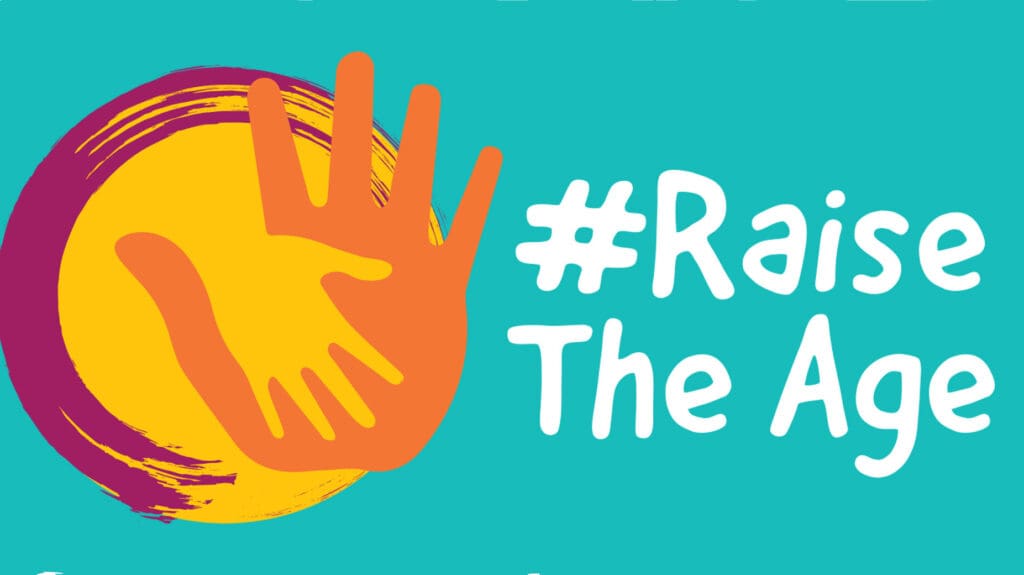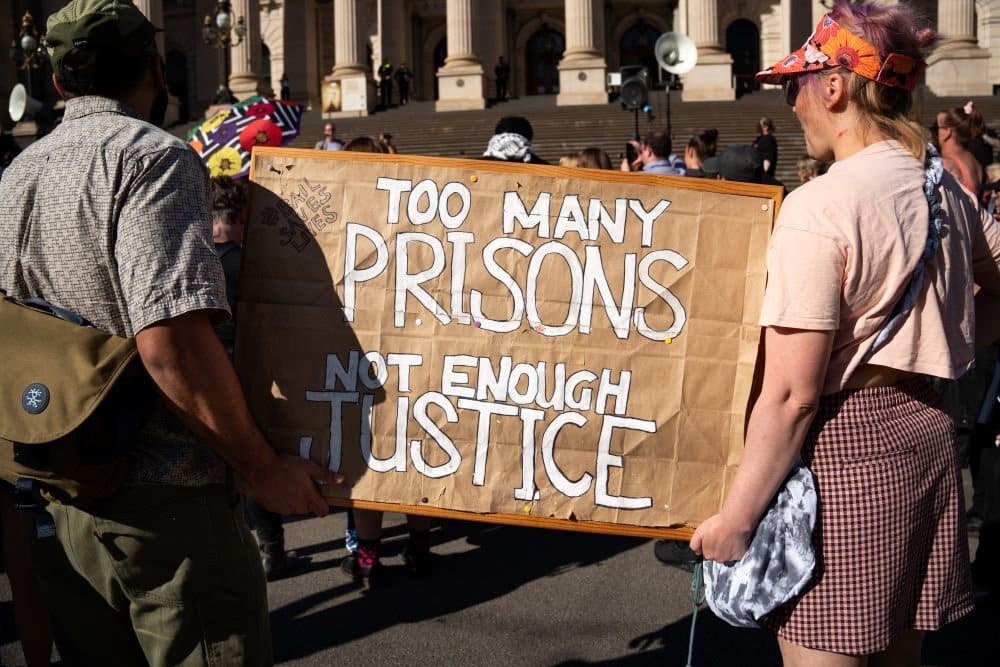Aboriginal women 10 times more likely to be targeted by police at time of Tanya Day’s death in custody
The hearing in the coronial inquest into Yorta Yorta woman Tanya Day’s death in police custody continues today, as new data shows that at the time of Tanya Day’s death in 2017, Aboriginal women were 10 times more likely to be targeted for public drunkenness than non-Indigenous women.
On 5 December 2017, Tanya Day was taken off a train in Castlemaine after a V/Line officer called the police. She was then arrested and locked up for being drunk in a public place. In custody, Tanya Day fell and hit her head on a number of occasions causing a brain haemorrhage that she later died from.
In today’s directions hearing, Tanya Day’s family will be asking the Coroner to look at the role systemic racism played in their mum’s death.
Tanya Day’s daughter, Belinda Stevens, said that the family are not surprised but are certainly appalled by the statistics showing Aboriginal women were 10 times more likely to be targeted.
“The fact that our mum was an Aboriginal woman most certainly contributed to her adverse treatment. We as a society cannot allow laws that discriminate against Aboriginal people to continue.”
“Today, we again call on Daniel Andrews to abolish the offence of public drunkenness. Let us be the last family to experience the grief of losing a loved one in these circumstances,” said Stevens.
Ruth Barson, Legal Director at the Human Rights Law Centre, who is representing the family, said that to stop both racial discrimination and Aboriginal deaths in custody, the Victorian Government must change the law.
“If Premier Andrews does not get rid of the offence of public drunkenness and confront the racism that leads to Aboriginal and Torres Strait Islander people being targeted and locked up – then deaths in custody will continue. Our laws currently criminalise behaviour for some people that is completely overlooked for others. People don’t die in custody coming home from the Melbourne Cup.”
Over the past three decades, the Aboriginal and Torres Strait Islander community and numerous expert reports, including the Royal Commission into Aboriginal Deaths in Custody in 1991, have recommended that the offence of public drunkenness be abolished and replaced with a public-health based response.
In December 2018 at the first directions hearing in the inquest into Tanya Day’s death, the Coroner said that she will recommend the offence of public drunkenness be abolished. Despite this, the Andrews Government has not committed to getting rid of the law.
“Tanya Day should have never been arrested and she should have never been locked up. She should be with her family today. If somebody is too drunk, they need help to get home or for an ambulance to be called – they should not be behind bars,” said Barson.
READ: An overview of the coronial inquest into the death in custody of Tanya Day.
READ: An overview of the argument for systemic racism to be investigated in the inquest.
PRESS CONFERENCE
Who: The Family of Tanya Day and their lawyers from the Human Rights Law Centre
When: 9.30am, Tuesday 30 April, 2019
Where: Victorian Coroner’s Court forecourt, 65 Kavanagh St, Southbank
Media contact:
Michelle Bennett, Director of Communications Human Rights Law Centre, 0419 100 519

Accountability and justice must be delivered for Kumanjayi Walker’s family
NAAJA and the Human Rights Law Centre are supporting Kumanjayi Walker’s family’s calls for accountability and justice, after Coroner Elisabeth Armitage delivered her final report into Kumanjayi Walker’s death in Yuendumu this week.
Read more
ACT becomes first jurisdiction to raise the age to 14 while the rest of the country lags behind
Change the Record and the Human Rights Law Centre welcome the ACT raising the minimum age of criminal responsibility to 14, and call for all Australian Governments to raise the age to at least
Read more
Crisafulli Government’s shameful adult sentencing laws will harm kids, families, and communities
The Human Rights Law Centre and Change the Record have slammed the Crisafulli Government for passing laws that will sentence even more children to adult-length terms of imprisonment. The laws will lock up children for even longer, and harm kids, families, and communities.
Read more



